NHS staff bearing brunt as ‘ugly’ racism of 70s and 80s returns, says Streeting
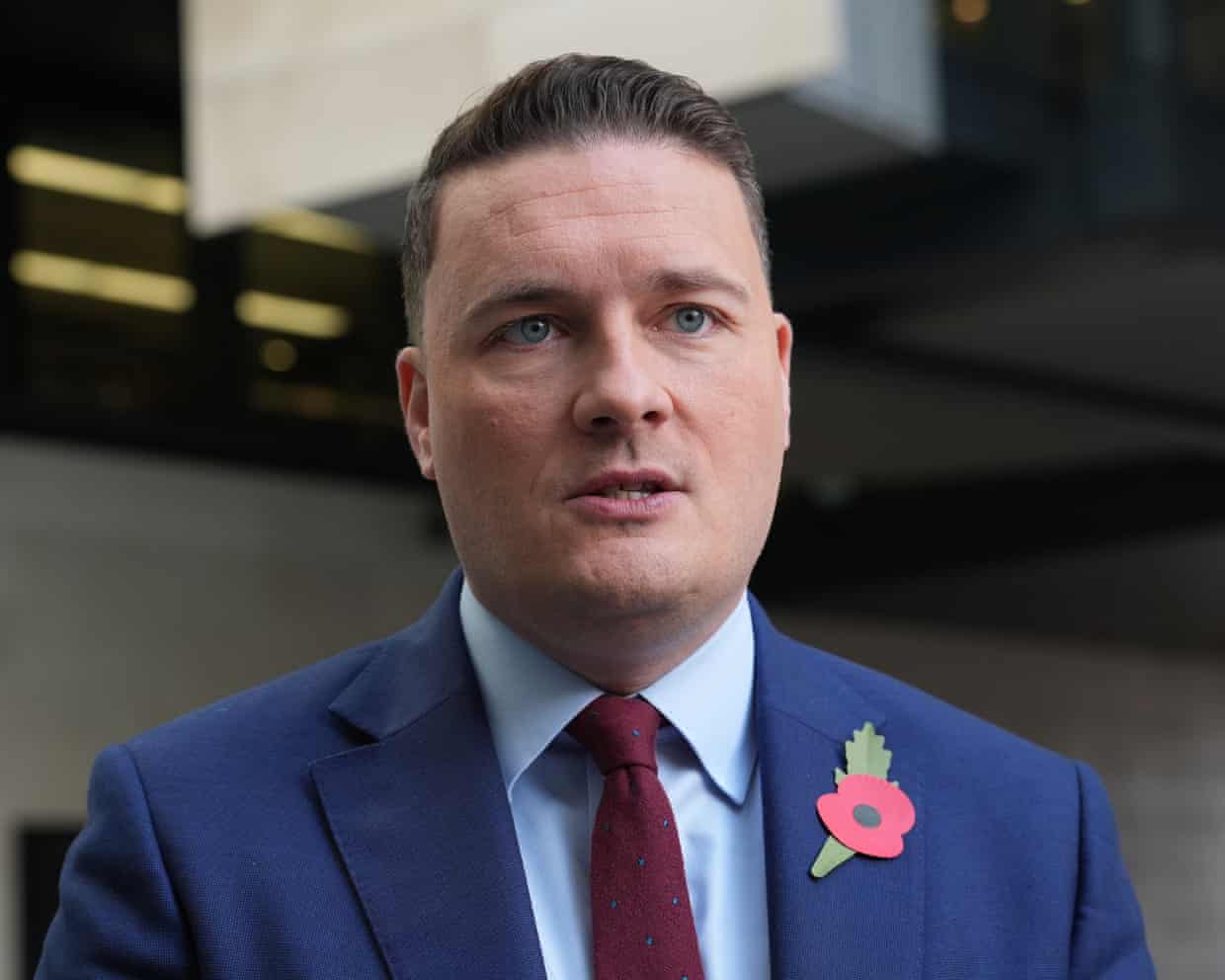
An “ugly” racism reminiscent of the 1970s and 1980s has become worryingly commonplace again in modern Britain and NHS staff are bearing the brunt of it, Wes Streeting has warned.Incidents of verbal and physical abuse based on people’s skin colour now happen so often that it has become “socially acceptable to be racist”, the health secretary said.In a joint interview with the Guardian alongside the NHS England chief executive, Jim Mackey, Streeting told how he has been “shocked” hearing NHS staff, especially those working in A&E, recount growing levels of harassment, aggression and violence when their care gets delayed.Advising the public to brace themselves for the NHS in England getting overwhelmed in the coming weeks because of a triple whammy of flu, Covid and strike action by doctors as winter descends, he admitted that patients would be put in danger as a result of becoming stuck on trolleys or in the back of ambulances – situations that are known to heighten the risk of harm and death.“Even if you’ve got a long wait, which I know is frustrating, or you feel like you’ve been sent from pillar to post, which sadly does happen, there’s no excuse for taking that out on staff,” Streeting said.
“But the thing that has shocked me most of all is that the rising tide of racism and the way in which kind of 1970s, 1980s-style racism has apparently become permissible again in this country.I’m really shocked at the way this is now impacting on NHS staff,” he said.He also criticised unnamed politicians who condone racism, adding: “I’m disgusted that a level of racism last seen when Britain was a very different country, 50 years ago, has made an ugly comeback and I’m frankly shocked by those in parliament who’ve leaned into it.”His remarks come a week after the Royal College of Nursing (RCN) revealed that the number of racist incidents that nurses suffer at work has surged over recent years.Streeting added: “I had a Labour [MP] colleague whose daughter – a resident doctor – works in a hospital where a man said he only wanted to be treated by white staff.
Although she was Asian, she had slightly fairer skin,And a colleague said: ‘Will you go and see if maybe he’ll accept you?’ And rightly she turned around and said: ‘No, I won’t, actually,Go and tell him that he either wants our care or he doesn’t, but he doesn’t get to racially discriminate,’ She made the right call,“The NHS is not immune from the prejudices of wider society but we’ve got to take a zero tolerance [approach].
Your right to free healthcare in this country does not come with the freedom to abuse our staff on any grounds.“We’ve got to call time on racism in this country and we’ve got to put that ugly racist sentiment that’s found expression in our country back in its box and once again create a climate in this country where it is not socially acceptable to be racist.”Prof Nicola Ranger, the RCN’s chief executive, endorsed Streeting’s remarks about politicians inflaming racial tensions.“The rise in the racist abuse that staff face is a stain on society and a stain on our NHS.“Racism is an issue across society and is particularly pertinent in health and care services, with such a diverse workforce.
We have to recognise that the increasing use of anti-migrant rhetoric in politics is emboldening racist behaviour,”Prof Habib Naqvi, the chief executive of the NHS Race and Health Observatory, said: “It’s shocking to see the levels of racism within our communities and across modern Britain today – levels that we have not witnessed for decades,We know our NHS is not immune from this scourge because it is a microcosm of wider society – what happens on our streets and within society does play out in the 1,5 million people that work in the NHS,”Mackey and Streeting admitted that, despite the NHS in England preparing more thoroughly for winter than ever before, some trusts would “struggle” to maintain normal service during the cold spell, in which A&E units are expected to see record numbers of people seeking care.
“I want to be upfront with people, especially at a time when trust in politics is in even shorter supply than money.When there are problems this winter, and there will be problems this winter, there will be hospitals where there are people on trolleys in corridors.”Mackey added that corridor care – highlighted graphically by Age UK last week – is “one of the things that keeps me awake at night” and “one of the horrible, visible signs of drifting standards over recent years.It’s completely unacceptable.”He added that: “I’m really hopeful that we’ll manage it [winter] well.
But it’s important to be realistic.There’s a lot of flu around, there’s been a lot of Covid around and the industrial action issue is a complexity we could do without.”The four hospitals in Bristol and Weston-super-Mare have been on a “critical incident” – meaning emergency-footing – and receiving help from other NHS trusts since last Thursday because of an “exceptionally high demand” for care.Some hospitals, such as those in Lincolnshire have told patients, visitors and staff in some care areas to wear a face mask from next week to curb the spread of viruses.Resident – formerly junior – doctors in England want a 29% pay rise.
Tens of thousands of them are due to go on strike for five days from 14 November in pursuit of their claim, in what will be their 13th walkout since March 2023,Their last strike in July cost the NHS an estimated £250m,Streeting urged the British Medical Association, the main doctors’ union, to call off next week’s action,It is unjustified because resident doctors’ salaries have risen by 28,9% over the last three years, he said.
“The impact it [strikes] will have on winter really worries me.Everyone is going to lose if this goes ahead.Patients are going to suffer because of the disruption and impact on the service.Doctors and other NHS staff will suffer because they have to pick up the pieces of the disruption.And this time it will be taking place against the backdrop of winter.
But resident doctors themselves [will also] lose”, he added.

Tackling the democracy deficit in schools | Letter
In the belief that young people need to grow up learning about democracy, I have spent my career in education working for democracy in schools – through student councils, parent councils and staff councils (What would you do if democracy was being dismantled before your eyes? Whatever you’re doing right now, 31 October).It has been an uphill struggle. It is rare for student councils to be given the opportunity to discuss anything consequential about school issues or their own learning.Parent councils – different from parent-teacher associations, which are mostly about fundraising – often struggle to attract parents. Parents generally want to talk about their own children, but are less keen to get involved in discussions about school policies
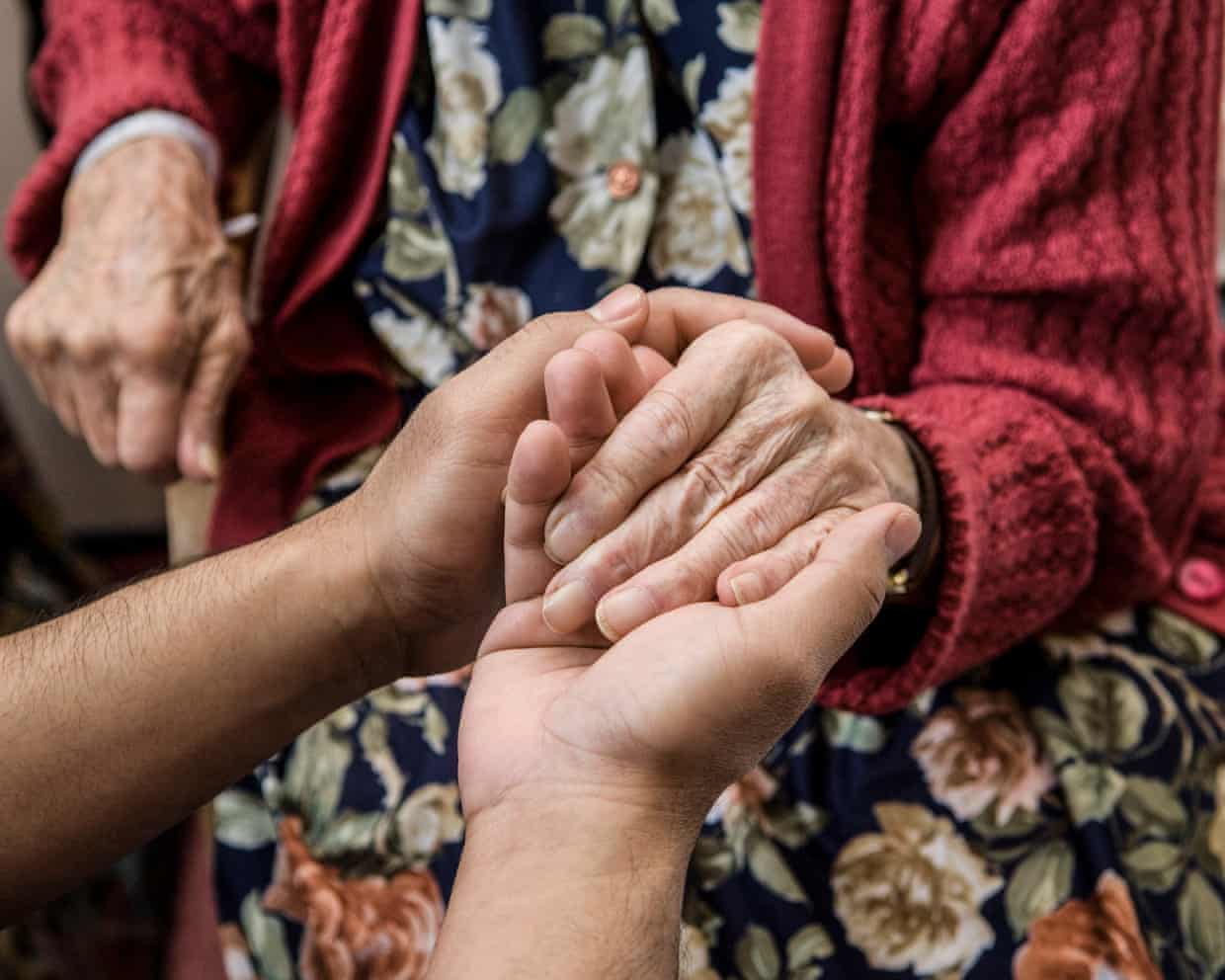
End-of-life care needs a fundamental review, not just more funding | Letters
Your editorial (29 October) highlights the urgent need for better funding for end-of-life care. As a physician and academic who has worked in this area for 40 years, I would like to raise three underlying issues.First, it implies that hospices are the only model for delivering good end-of-life care. It is arguable that in Britain we have overrelied on the charitable sector. We now have NHS-funded hospital palliative care teams who can provide excellent care when patients are coming to the end of life but still needing specialist treatments – which very often hospices cannot or will not offer
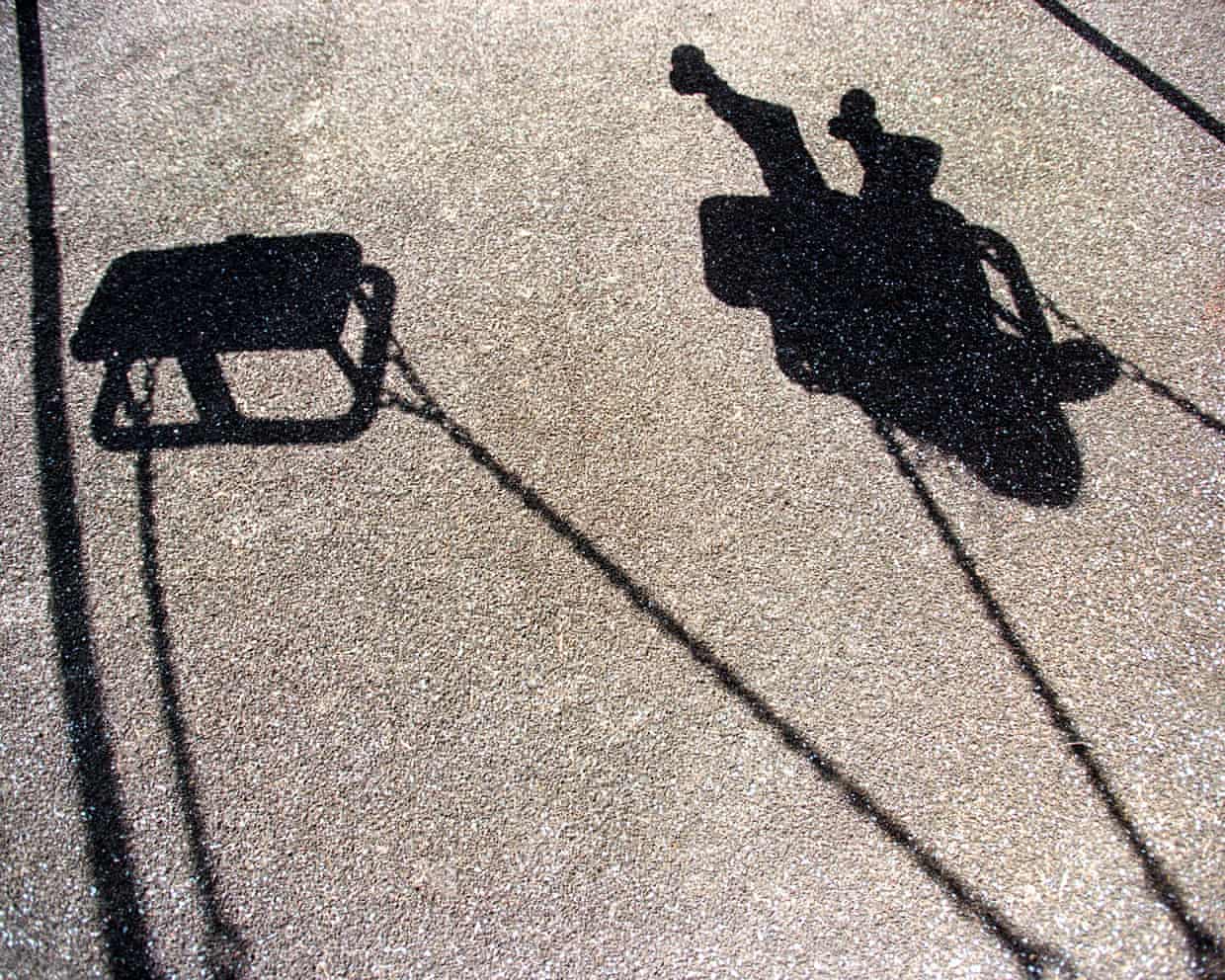
Almost 30% of people abused as children, England and Wales data shows
Nearly a third of women in England and Wales were abused as a child, along with just over a quarter of men, according to new figures which for the first time include emotional, physical or sexual abuse as well as neglect.The data from the Office for National Statistics (ONS) estimates 31.5% of women and 26.4% of men experienced some form of abuse as a child, a total of 13.6 million – almost three in 10 – people
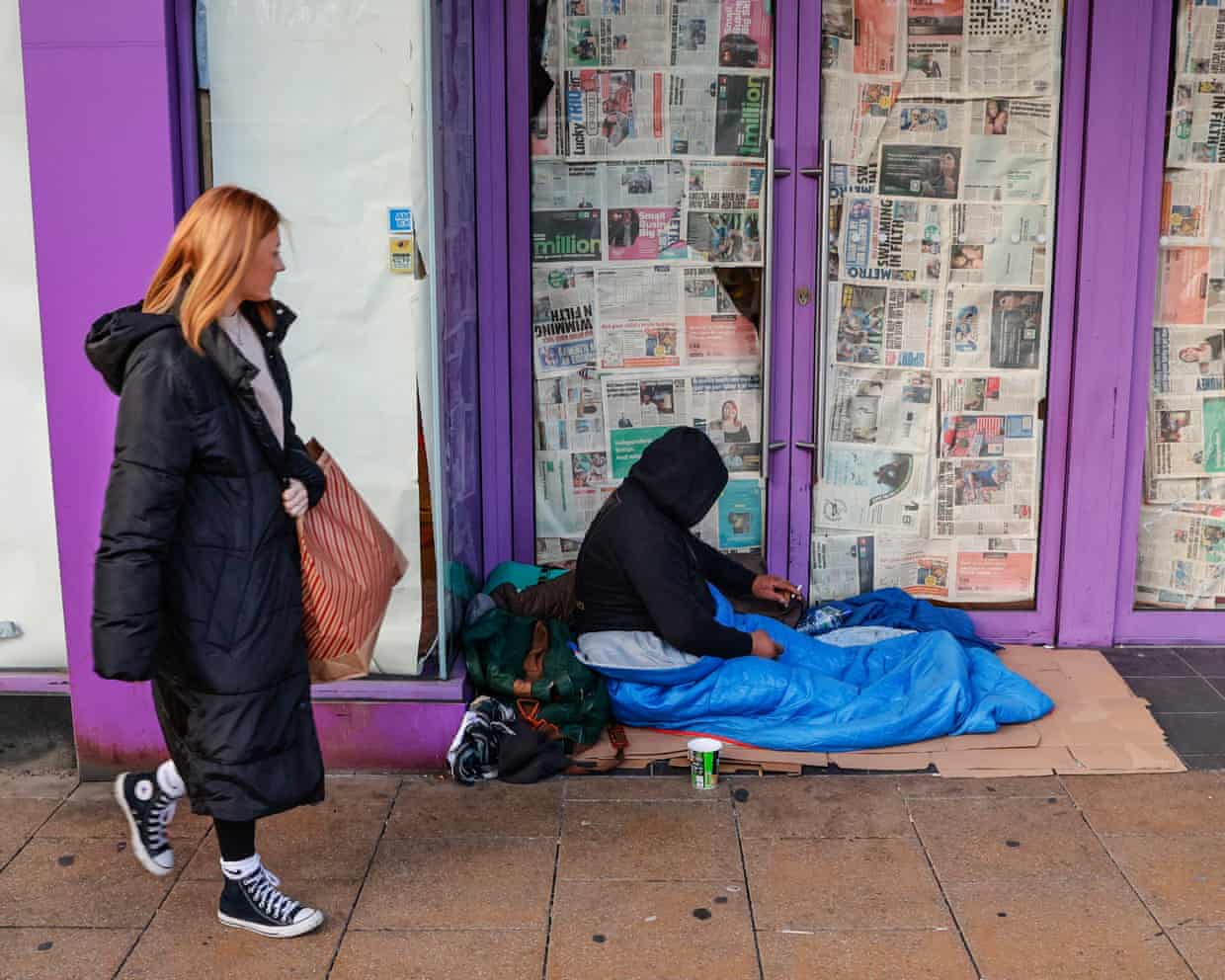
UK to launch pilot scheme that helps homeless people access banking
Homeless people will for the first time be able to open accounts with the UK’s five biggest banks, in a pilot scheme marking the launch of the government’s financial inclusion strategy.The Treasury said its new national plan was meant to ensure financial services “worked for everyone”, as it also revealed programmes that could help rebuild the credit scores of domestic abuse victims, support families with no savings and roll out financial education in primary schools across the UK.One of the key schemes will see the high street lenders Lloyds, NatWest, Barclays, Nationwide and Santander waive the need for people to have a fixed address in order to open a bank account. The move will help vulnerable people avoid the chicken-and-egg problem of needing a bank account to apply for work and rental accommodation across the UK.It will involve partnerships with the homelessness charity Shelter, which will vouch for prospective customers based on information on the charity’s database, while accompanying individuals to face-to-face meetings at a local bank branch

MPs ask HMRC to explain child benefit error that froze payments to parents
MPs are demanding answers from HMRC over a child benefit error in which payments to 23,500 families were stopped as part of an anti-fraud crackdown.Meg Hillier, a Labour MP and chair of the House of Commons Treasury select committee, has written to the permanent secretary of HMRC asking who made the decisions, why they were made and whether compensation would be offered to the victims.The letter follows a series of reports by the Guardian and investigative website the Detail on families who had been wrongly suspected of fraud after data showed they had taken flights out of the country but not returned.They received letters demanding they answer 73 questions and provide a mountain of documentation including bank statements, GP and school records on the back of information the Home Office provided.But the Home Office data was incomplete and did not record return journeys of parents, leading HMRC to believe the families had emigrated and were continuing to collect child benefit illegally

NHS staff bearing brunt as ‘ugly’ racism of 70s and 80s returns, says Streeting
An “ugly” racism reminiscent of the 1970s and 1980s has become worryingly commonplace again in modern Britain and NHS staff are bearing the brunt of it, Wes Streeting has warned.Incidents of verbal and physical abuse based on people’s skin colour now happen so often that it has become “socially acceptable to be racist”, the health secretary said.In a joint interview with the Guardian alongside the NHS England chief executive, Jim Mackey, Streeting told how he has been “shocked” hearing NHS staff, especially those working in A&E, recount growing levels of harassment, aggression and violence when their care gets delayed.Advising the public to brace themselves for the NHS in England getting overwhelmed in the coming weeks because of a triple whammy of flu, Covid and strike action by doctors as winter descends, he admitted that patients would be put in danger as a result of becoming stuck on trolleys or in the back of ambulances – situations that are known to heighten the risk of harm and death.“Even if you’ve got a long wait, which I know is frustrating, or you feel like you’ve been sent from pillar to post, which sadly does happen, there’s no excuse for taking that out on staff,” Streeting said

Experts find flaws in hundreds of tests that check AI safety and effectiveness

OpenAI signs $38bn cloud computing deal with Amazon

Oakley Meta Vanguard review: fantastic AI running glasses linked to Garmin

‘History won’t forgive us’ if UK falls behind in quantum computing race, says Tony Blair

In Grok we don’t trust: academics assess Elon Musk’s AI-powered encyclopedia
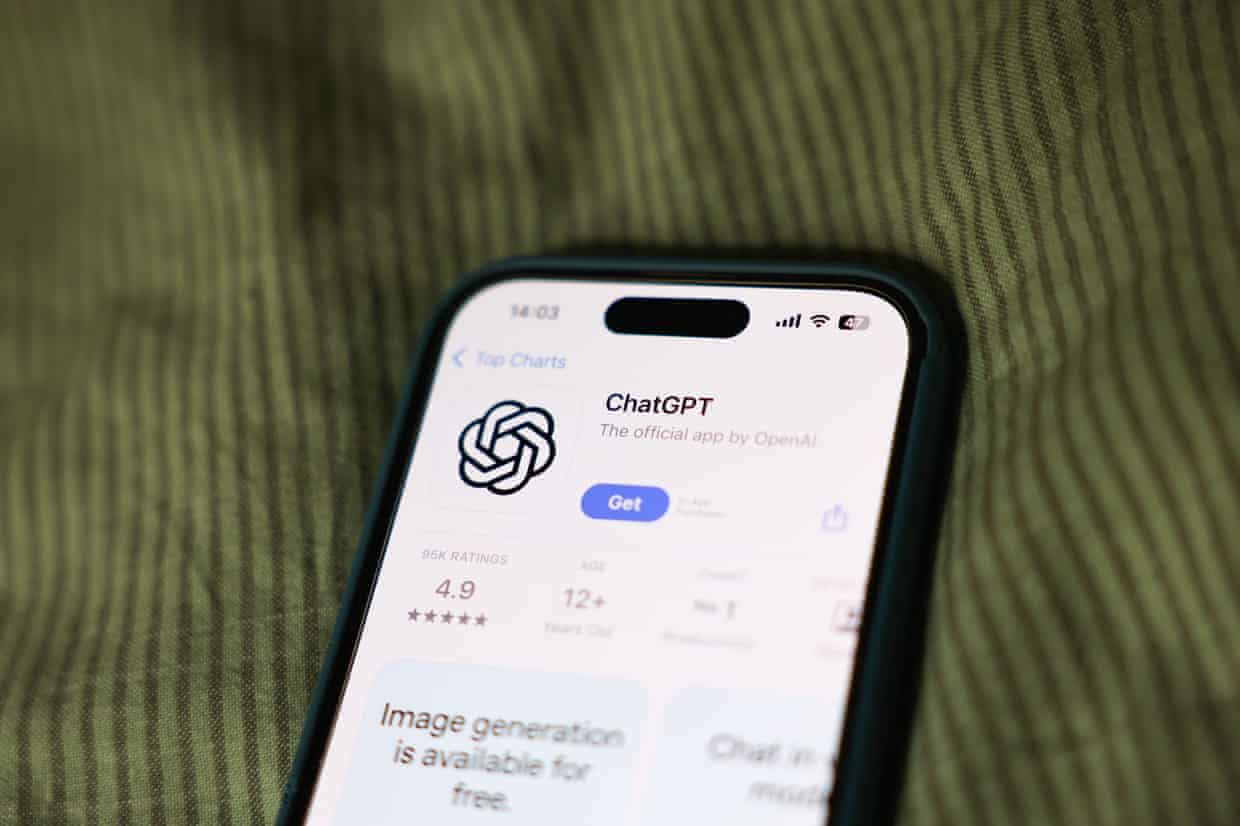
Has OpenAI really made ChatGPT better for users with mental health problems?